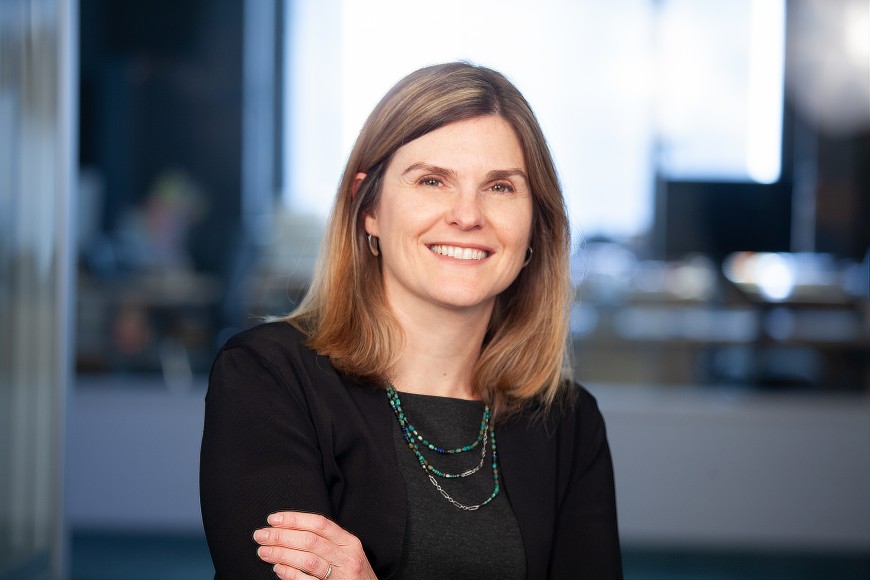
 back to all alumni stories
back to all alumni stories
SEAS Alumna Receives Democratic FERC Nomination

“Don’t settle for mediocrity.” The advice rings true for Allison Clements today just as it did in high school when she competed on the debate team. And it’s advice that Clements has tried to live by in her decades-long career in federal energy regulation. Clements recently was nominated to the Federal Energy Regulatory Commission (FERC) by President Donald Trump. If confirmed, she would help to regulate electricity and natural gas markets alongside other major energy projects.
A 1998 SEAS graduate, Clements currently is the policy advisor consultant at the Energy Foundation (EF), a role she took on after serving as EF’s program director of clean energy markets. She also is the founder and president of Goodgrid, LLC, an energy policy and strategy consulting firm and former director of the Sustainable FERC project at the Natural Resources Defense Council. Clements got her start in the energy industry as an attorney in Troutman Sanders’ regulatory practice and Chadbourne & Parke’s project finance and infrastructure group—roles that enabled her to advise utilities, independent power producers, lenders and project developers, and advocates and foundations on energy policy and FERC issues.
One of the professional highlights that Clements is most proud of is serving as co-chair of the Bipartisan Policy Center’s Future of the Electricity Grid Initiative with former Congressman Rick Boucher (D-VA) and Curt Hébert (former FERC chair under President George W. Bush) from 2011 to 2013. “I played a key role in bringing together a broad stakeholder group representing Wall Street, grid operators, utilities, state utility regulators, clean energy advocates, and independent power producers towards a set of consensus recommendations for moving towards a modern, reliable electric grid.”
Clements became “fascinated with the intricate operations of the electric grid” as a student at The George Washington University Law School. “Grid policy uses its own language and becomes very technical very quickly,” says Clements. “It’s like learning to speak French—once you know it, it’s no big deal, but if you don’t know it, you can’t engage fully in the policy dialogue. I’ve tried to hone my skills as a translator from the technical to English, so that regulators and policy makers have the specific understanding they need to make decisions.”
At SEAS, Clements says she appreciated the opportunities for applied and practical science and policy learning, which have informed her own approach and style. “The program valued intellectual curiosity. I didn't need to be bound by the course listings descriptions; the school was full of opportunities, formal and informal, to explore my interests and take learning to the next level.”

